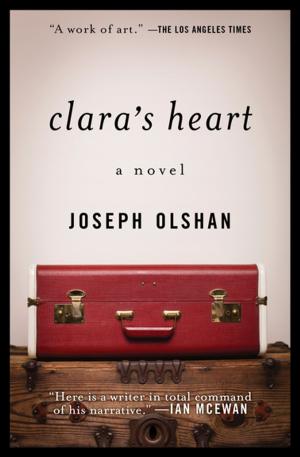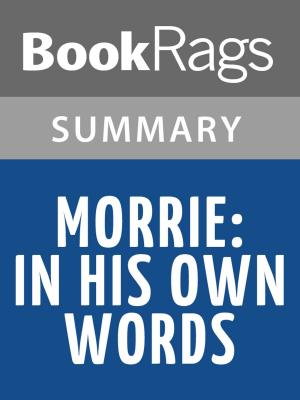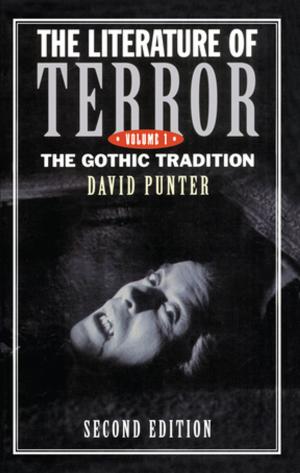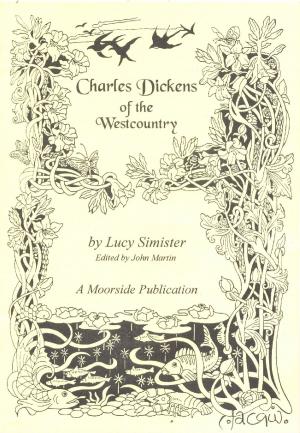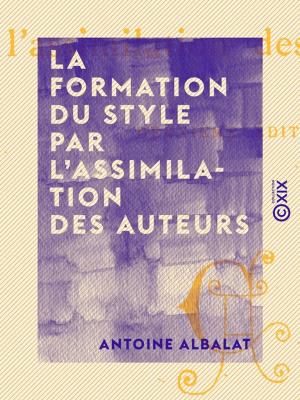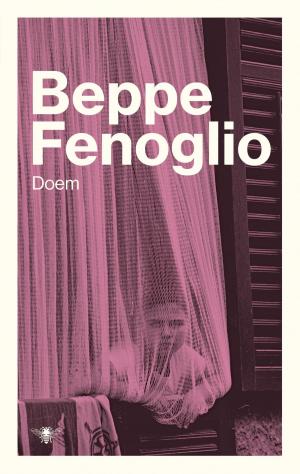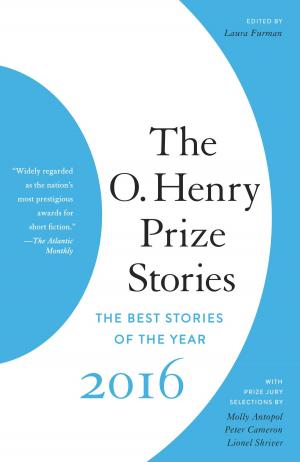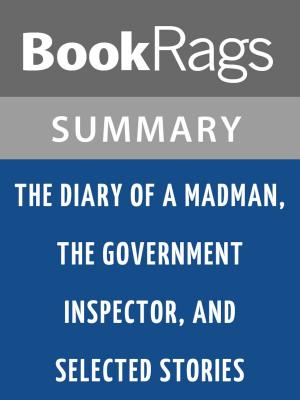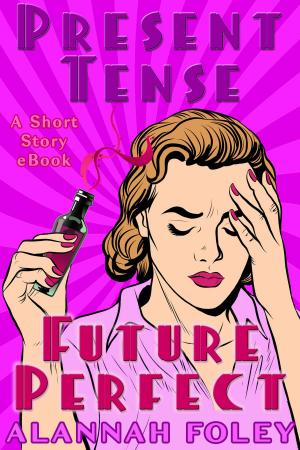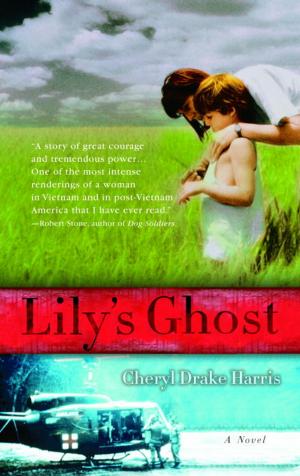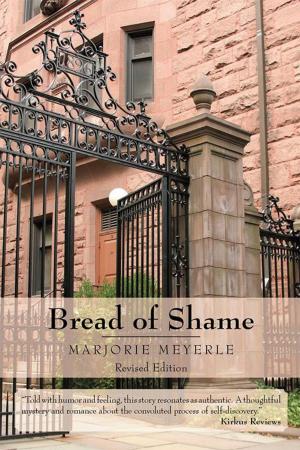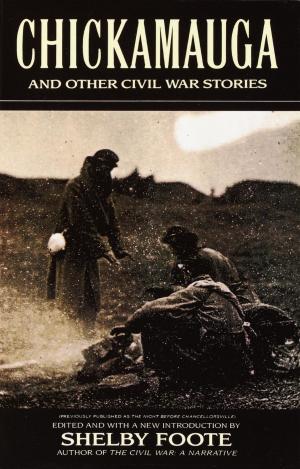| Author: | Richard Fulco | ISBN: | 9780979747182 |
| Publisher: | Wampus Multimedia | Publication: | March 18, 2014 |
| Imprint: | Language: | English |
| Author: | Richard Fulco |
| ISBN: | 9780979747182 |
| Publisher: | Wampus Multimedia |
| Publication: | March 18, 2014 |
| Imprint: | |
| Language: | English |
John Lenza, an aspiring writer from Brooklyn, hasn’t completed a novel, a play, or any other publishable work. His obsession with his part in the death of his best friend Stephanie in high school undermines his confidence and self-esteem. His struggle to reconcile his lingering guilt with the possibilities of the present sets the tone for Richard Fulco’s emotionally charged debut novel, There Is No End to This Slope. By day, John sells textbooks to New York City schools. Like a 21st century Willy Loman, he drifts through life, letting things happen to him rather than taking charge of his life. On a sales call he meets his future wife, Emma Rue, an impulsive semi-alcoholic. At a “writerly” coffee shop near his new digs in Park Slope he meets Teeny, an overweight gay man, who mines John’s life for his own creative material. A homeless man, Richard, becomes a voice of reason, while Pete the landlord worries about whether John is truly taking “special” care of those beautiful wood floors in the apartment. At one point John describes himself as intelligent, perhaps too intelligent to do anything. He and many of the other characters find it difficult to navigate the day-to-day while nurturing a sensitive and creative spirit. Should John be tortured by something that happened so long ago? Or is he using an old trauma to sidestep his creative responsibility and potential? Through deeply wrought characters and scenes, Richard Fulco touches on a fundamental issue that drives great artists to self-destruct. But when John has wrung all he can out of his pained self, it may be the mundane certainties of life that ultimately save him.
John Lenza, an aspiring writer from Brooklyn, hasn’t completed a novel, a play, or any other publishable work. His obsession with his part in the death of his best friend Stephanie in high school undermines his confidence and self-esteem. His struggle to reconcile his lingering guilt with the possibilities of the present sets the tone for Richard Fulco’s emotionally charged debut novel, There Is No End to This Slope. By day, John sells textbooks to New York City schools. Like a 21st century Willy Loman, he drifts through life, letting things happen to him rather than taking charge of his life. On a sales call he meets his future wife, Emma Rue, an impulsive semi-alcoholic. At a “writerly” coffee shop near his new digs in Park Slope he meets Teeny, an overweight gay man, who mines John’s life for his own creative material. A homeless man, Richard, becomes a voice of reason, while Pete the landlord worries about whether John is truly taking “special” care of those beautiful wood floors in the apartment. At one point John describes himself as intelligent, perhaps too intelligent to do anything. He and many of the other characters find it difficult to navigate the day-to-day while nurturing a sensitive and creative spirit. Should John be tortured by something that happened so long ago? Or is he using an old trauma to sidestep his creative responsibility and potential? Through deeply wrought characters and scenes, Richard Fulco touches on a fundamental issue that drives great artists to self-destruct. But when John has wrung all he can out of his pained self, it may be the mundane certainties of life that ultimately save him.

